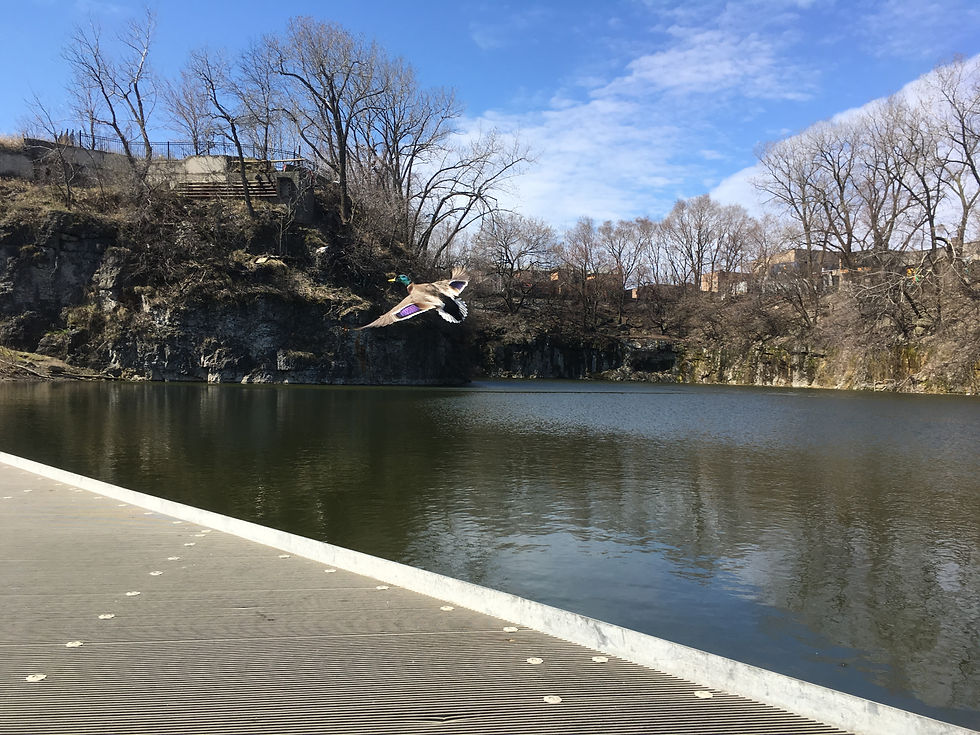
It occurs to me that many of you who read this blog have taken part in protests. Perhaps that's why the story and updates of the Four Necessity Valve Turners appeal to you. But some of you may consider yourselves new to this space, or outsiders altogether. The coronavirus quarantine may be the first "nonviolent direct action" you have ever taken.
"But the government told me to stay home," you may say, "I am following the law, not breaking it!" That is true. Ordinarily, activists target the government because elected officials have power to control outcomes. In this moment, the government's inability to control outcomes is painfully obvious. Scientists modeled the probabilities associated with the levers the government has to pull (laws, our tax money, the medical and insurance system we have agreed to, "the free market," the medical resources of the army and the navy) and said our most powerful and promising course of action is the power of everyone acting together.
So the government is not the target of our action. The coronavirus is the target. As if they were leaders in a coalition of activist organizers, the governments of the world have asked us all to join them in supporting this non-violent civil disobedience because there is no other recourse, and because, like most protest, it won't work unless we all participate. We are cooperating because we all agree the alternative is too terrible to contemplate. Perhaps because the government is so unused to working this way, a lot of the details of how to get supplies and support where they need to go, and how to govern in the meantime, is falling back on organizers and the police, as if this really were a big messy street demonstration.
The organizers in your local communities desperately need your support right now, because of the intense side effects of corona. They are the same side effects (or externalities, or environmental injustice, or systemic violence, take your pick of terminology) as before: the segregation, poverty, racism, agism, sexism, xenophobia, homelessness, and classism that have always spelled untimely death, poverty, and criminalization, but here that impact is magnified a hundred-fold and compressed into days, not decades. These injustices, also, are too terrible to contemplate, and now we have no distractions from them, no illusions about them.
Perhaps you are new to this space of organizing. You'll have started to feel the side effects of the uncertainty of movement work. Some days you'll be able to enjoy your family, the next day you're scrolling for answers, unable to pull your eyes away from the news and social media responses. You're overly invested in the details of implementation - can we wear masks? should we? how do you properly wear a mask? what is the current number of days to double cases in my city, in my parent's city? how many people have died? - Maybe you get a productive day or two in the week, whatever that means for you at this time, but you find yourself indulging in adolescent-guilty pleasures, or just staring at the ceiling more often than you ever remember. Small wins become invested with outsized meaning and importance. Welcome to the fairly normal day-to-day experience of an activist.
There is a shortage of seeds right now, because one of the best antidotes to this uncertainty is the very certain, concrete, consuming work of gardening. As farmers and urban gardeners, our team is particularly well-placed to attest to the virtues of gardening as part of movement work. Conveniently, growing is also done at home, and combats any uncertainty we might have in the security of the food supply chain.
These are our ways of coping because we have no control over the outcomes of our actions, in this coronavirus time, yes, but also in all movement work. We do this work, now and always, not because we can say for sure it will work, but because we have no other option. Because there is no greater power than everyone working together for what we believe in. Because the alternative is too terrible to contemplate.
Now that we're all going through this demonstration together, as we flesh out an almost anti-capitalist anti-coronavirus experiment, I wonder what will come next. The most powerful governments in the world are reminded that we the people are the greatest power, and the greatest asset, that they have, not their armies or the stock market. And we the people are reminded of how valuable, vulnerable, connected and united our world really is. But we've replaced the government (or the market), as the power structure we are seeking to influence.
Will the federal government's odd tangential role in this moment allow it to sidestep accountability for the failing systems creating this crisis? Will we ride an already rising wave of fear-driven populist nationalism (and locally racism and classism), reinvesting our trust in the the state and the markets despite their obvious impotence? Or will we take this time of waiting to re-imagine how the greatest power in the world, the power of everyone acting together, can address the other systems that cause untimely and unjust death? The alternative is too terrible to contemplate.


